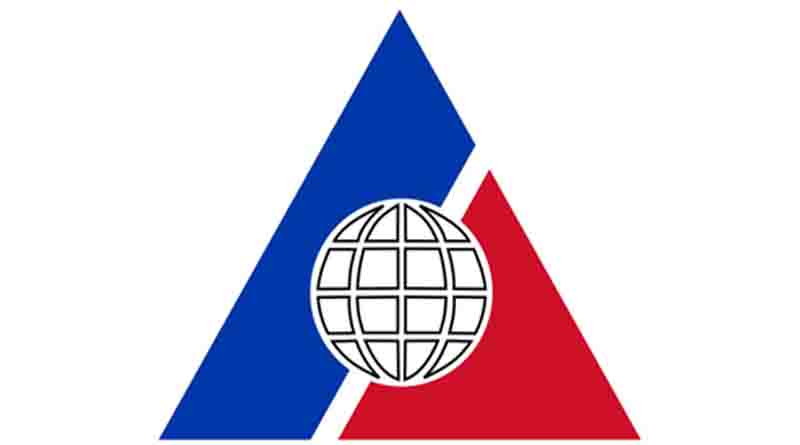Advertisement on 1,000 Filipino Male Nurses Vacancies Raises Debate

DAMMAM — An advertisement issued in Manila by the Philippine Overseas Employment Administration (POEA), announcing the need for 1,000 Filipino male nurses for vacancies in Saudi Arabia, aroused a debate on the social media among workers in the health sector, a local Arabic daily reported on Tuesday.
The reason was that no conditions were mentioned that it is compulsory to obtain a license for practicing the profession from the Saudi Commission for Health Specialties apart from at least two years’ experience, Makkah newspaper said.
All attempts by Makkah newspaper to contact the spokesman of the Saudi Commission for Health Specialties Abdullah Al-Zihayan did not get a response. Al-Zihayan said he was on a vacation and asked the reporter to contact his deputy Fahd Al-Qithami, whose mobile was switched off.
The daily has learned that an expatriate health practitioner can work without a license for about a year during which he will be granted three chances to sit for the Commission’s exams and obtain the required license.
Meanwhile, the consultant in family medicine Dr. Khaled Al-Jalban said the Saudi Commission for Health Specialties makes it compulsory for male nurses, who are recruited for the Saudi private sector, to sit for the Commission’s examination while they are in their respective countries, before entry into Saudi Arabia. This can be done either via the Commission’s website or special centers for that purpose.
Nevertheless, there is some kind of exemption or leniency towards health practitioners who are recruited for work in the Ministry of Health hospitals. It is possible to bring a health practitioner before he sits for the Commission’s exam. He can get a job and one-year time during which he can sit for the Commission’s exam thrice. In case he does not pass the exam on the third attempt, his contract will not be renewed.
Dr. Al-Jalban asked if the Commission’s exam is necessary to determine whether the health practitioner is qualified enough to work in Saudi Arabia and be entrusted with patients’ health. He asked: “Why are all not treated equally in the requirements to sit for the Commission’s exam and obtain its license? Why doesn’t the Saudi nurse have the right to work for one year, too, before obtaining a license from the Commission?”
He stressed that the Commission’s exam should be a basic condition for all before starting to practice the profession. This is due to its importance in determining if the health practitioner is competent enough to work in the Kingdom.
Al-Jalban added that while there is lenience in recruiting foreign nurses from abroad, there is unemployment among Saudi nurses who have already obtained the license.
Meantime, Consultant Oncologist Dr. Issam Marshad said: “Actually employers do not make it compulsory for non-Saudi health practitioners to obtain a license before coming to the Kingdom. We are demanding that foreign health practitioners must obtain a license before signing the contract and arriving in the Kingdom. According to the Commission’s regulations, even if a foreign health practitioner arrives in the Kingdom, legally he does not have the right to work in Saudi Arabia.”
Regrettably, all employers are not complying with this condition. Marshad called for making it compulsory for the foreign health practitioner to obtain a license from the Saudi Commission for Health Specialties before signing the contract. This can be achieved through coordination between the Commission and the Ministry of Foreign Affairs.
Muhammad Al-Gharrash, a nursing master’s student, said he got a job in the private sector after obtaining a license from the Commission. He was working with several foreign male nurses, who did not hold licenses. However, due to his low salary and not getting a job in a government hospital, he preferred to complete his postgraduate studies with the hope of finding a job with a better pay.
(Source: saudigazette.com.sa)



